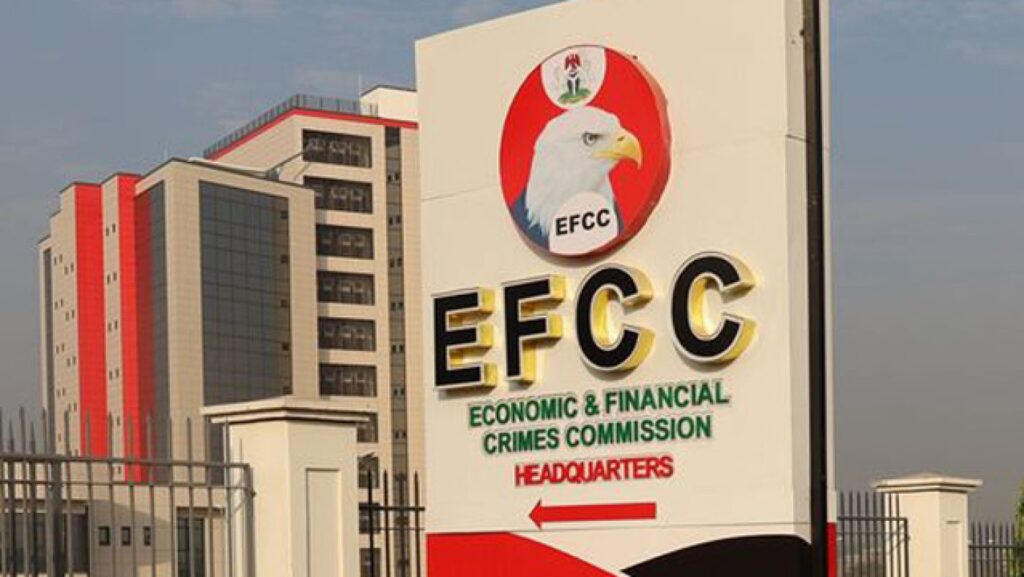-
Olanipekun Olukoyede, chairman of Nigeria’s EFCC, promotes the rise of Nigeria’s AI adoption to combat illicit financial flows (IFFs) in Africa.
-
Africa loses $88.6 billion annually owing to IFFs, which could otherwise develop infrastructure, healthcare, and education.
-
To combat financial crime, Nigeria is restructuring its National blockchain policy and incorporating artificial intelligence into its security framework.
The chairman of Nigeria’s Economic and Financial Crimes Commission, Olanipekun Olukoyede, has highlighted blockchain technology and artificial intelligence (AI) as tools to address illicit financial flows (IFFs) in Africa.
According to local media, Olukoyede highlighted the $88.6 billion lost annually in African countries due to IFFs at the Pan-African Conference on Illicit Financial Flows and Taxation.
Nigerian Official Advocates Blockchain, AI Against Illicit Financial Flows
The conference is the premier annual forum of the African Union, bringing together stakeholders across Africa to discuss Nigeria’s AI adoption, illicit financial flows, and related topics. This conference facilitates sharing insights, strategies, and best practices to address the challenge of IFFs.
The financial watchdog chair said establishing robust legal frameworks and capacity building at national, regional, and international levels is essential. Olukoyede advocated adopting advanced technologies such as data analytics, blockchain, and AI to enhance asset tracking and recovery efforts.
The financial watchdog chair said that if recovered, the funds could significantly enhance infrastructure, healthcare, and education across the continent. He cited successful recoveries, such as the $311 million repatriated from the United States in 2020 linked to former Nigerian dictator Sani Abacha, as an example of practical international cooperation.
According to Olukoyede, practical anti-corruption efforts require international pressure to ensure cooperation from tax havens and low-tax jurisdictions, stressing the need for strong advocacy.
Nigeria AI Adoption and Blockchain Initiatives
Nigeria has recently taken steps to embrace blockchain technology and AI. In May, Nigeria’s National Information Technology Development Agency (NITDA) restructured the National Blockchain Policy Steering Committee (NBPSC) to reassess the policies guiding the implementation of the country’s National Blockchain Policy.

The review forms part of efforts to stay abreast of blockchain innovations and expand its reach by involving additional stakeholders, promoting comprehensive adoption and successful execution.
ALSO, READ: Nigeria’s central bank forced to deny claims of crypto account freeze.
In April, NITDA advocated incorporating artificial intelligence into Nigeria’s security framework to improve outcomes. The agency’s Director General, Kashifu Inuwa, said the security and IT sectors could use technologies such as AI and the Internet of Things (IoT) to improve the security sector.
The NITDA promotes AI growth in Nigeria through initiatives like the National Centre for Artificial Intelligence and Robotics and the development of a National AI policy.
Strategies for Fighting Illicit Financial Flows
At the African Union IFFs conference, Nigeria’s EFCC chair, Olanipekun Olukoyeemphasizedized the role of blockchain and AI in combating Africa’s annual loss of $88.6 billion due to illicit financial flows.
The financial watchdog chair stated that the funds could considerably improve infrastructure, healthcare, and education throughout the continent if they were to be recovered.
According to Cointelegraph, Olukoyede highlighted the potential of blockchain technology and AI to combat illicit financial flows in Africa. The African Union IFFs conference Emphasized the $88.6 billion annually that African countries lose due to IFFs. This conference enables the exchange of strategies, best practices, and insights to confront the challenge of IFFs.
The financial monitor emphasized the importance of establishing robust legal frameworks and capacity building at the national, regional, and international levels. Olukoyede promoted the integration of cutting-edge technologies, including AI, blockchain, and data analytics, to improve asset tracking and recovery efforts.
The financial watchdog chair stated that if recovered, the funds could improve infrastructure, healthcare, and education throughout the continent. He cited successful recoveries, such as the $311 million repatriated from the United States in 2020 and associated with former Nigerian dictator Sani Abacha, as an example of practical international cooperation.
Emphasizes the necessity of robust advocacy to ensure that tax havens and low-tax jurisdictions cooperate in practical anti-corruption efforts; therefore, international pressure is necessary.
Conclusion
Nigeria has recently implemented measures to integrate AI and blockchain technology. In May, the National Information Technology Development Agency (NITDA) restructured the National Blockchain Policy Steering Committee (NBPSC) to reevaluate the policies governing the implementation of the country’s National Blockchain Policy.
The review is a component of the organization’s ongoing endeavors to remain informed about blockchain advancements and broaden its appeal by involving a broader range of stakeholders, fostering successful execution and comprehensive adoption.
ALSO, READ Nigeria’s Crypto Adoption: A Solution for 38 Million Unbanked Adults.
NITDA promoted the integration of AI into Nigeria’s security framework in April to enhance the quality of the results. According to the agency’s Director General, Kashifu Inuwa, the security and IT sectors have the potential to improve security by utilizing technologies such as AI and the Internet of Things (IoT).
Through initiatives such as the National Centre for Artificial Intelligence and Robotics and the development of a National Artificial Intelligence Policy, the NITDA is fostering the growth of AI in Nigeria.
This comprehensive approach shows how Nigeutilizesises advanced technologies to combat illicit financial flows, aiming for more excellent economic stability and development across Africa.
